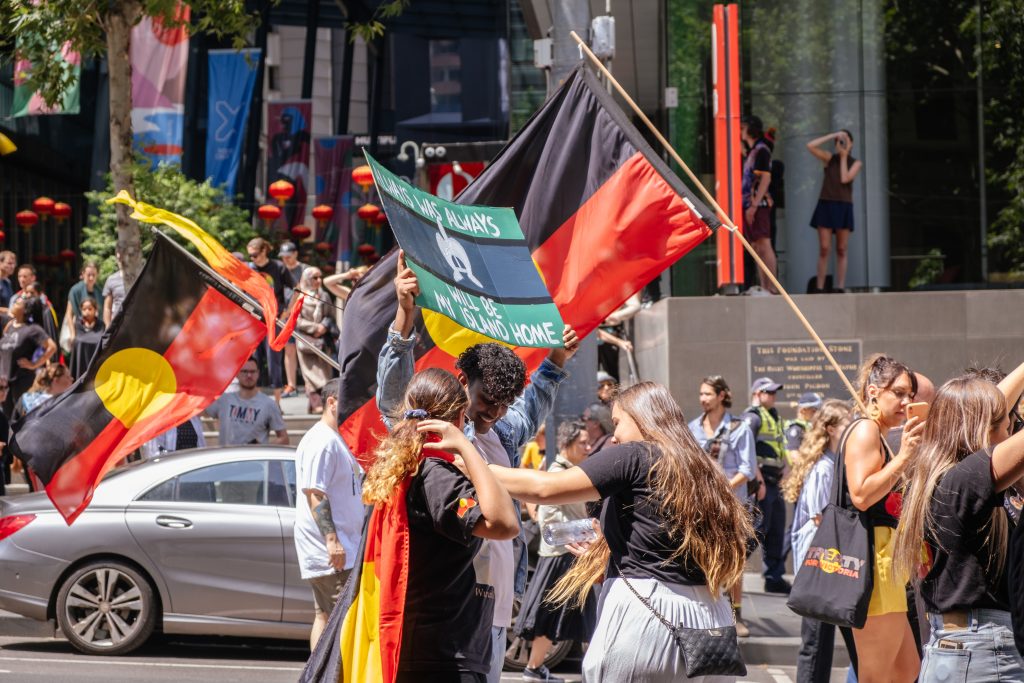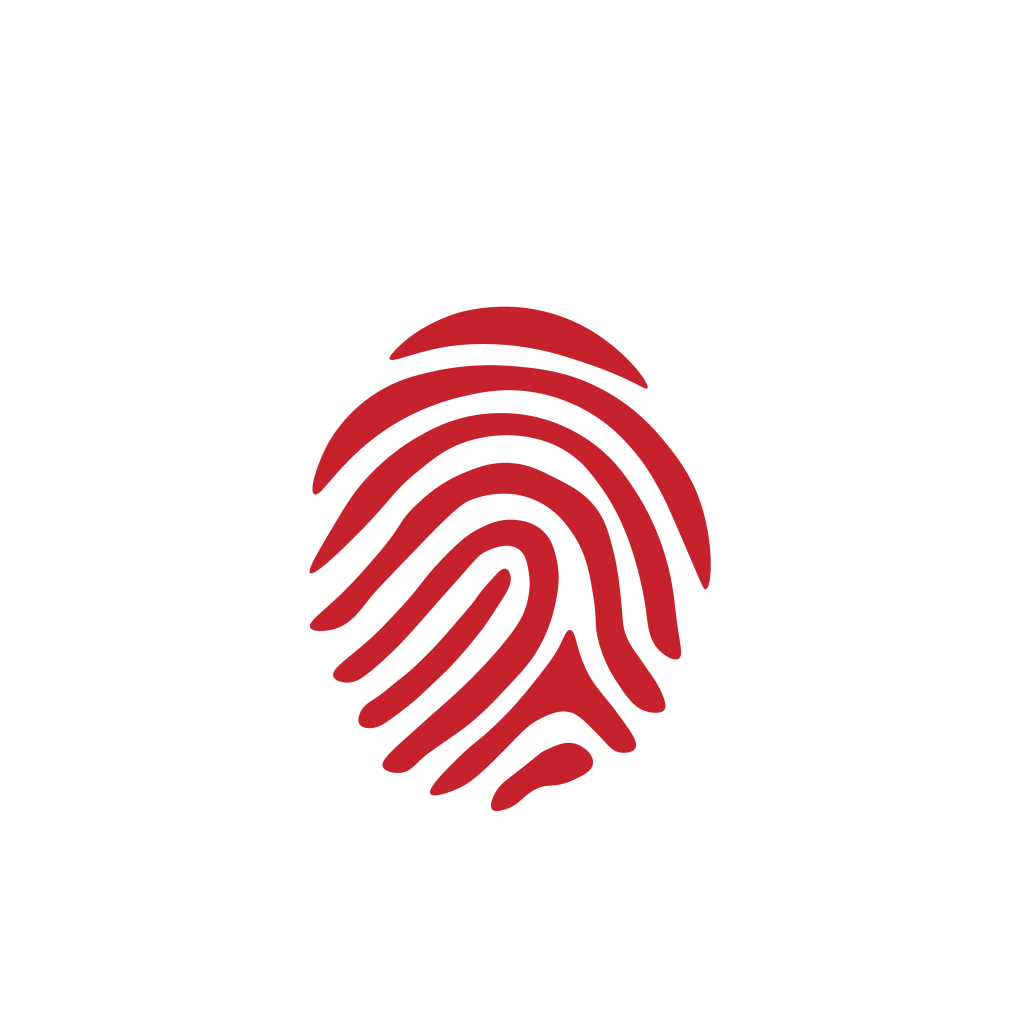Does Australia know what they are standing up for when using Black Lives Matter hashtag #blacklivesmatter on social media?

Written by Tamara Cook
When I opened my Instagram on Tuesday June 2, I thought it was broken. Posts didn’t seem to load. I soon recognised the hashtags and the sentiment behind the flood of black squares on my feed. It felt good to know so many cared about the fate of George Floyd and they wanted to stand together, but what was meant as an act of solidarity and support, quickly became an empty message for me, as many people carbon copied and co-opted the post, seemingly without much in the way of intended follow-up actions or commitment to change.
Do many Australians know what they’re standing for when they hurriedly post the hashtags #blacklivesmatter or #blackouttuesday on social media? Perhaps they’ve shed a tear, affected by the injustice of black deaths in custody, or perhaps they’re solving a dilemma of what to post on Instagram. A black box and a message of hope for black people – could content get any easier? And…posted! Did I hit a sore spot? Sorry. But this issue of black, and especially Indigenous Australians, dying in police custody is a sore spot.
We agree the heart-breaking death of Floyd was a crime, yet there has been 432 aboriginal deaths in custody here in Australia since 1991 and no one’s been charged. No one. We didn’t burn the streets or achieve a viral hashtag for any of those deaths. We observed, we read, we moved on. Another Indigenous life went to waste and we went on with our lives.
It’s our shameful norm.
So why are we acting for Floyd? Because it’s trending? Because it’s cool to be anti-racism for a hot minute? Or is it because the US actually makes some progress in the court of law following protests?
I’ve lived on the sandy white shores of Australia all my life. My blue-eyed grandfather impressed the Queen’s English upon me from birth, taught me to tip the soup bowl away not towards me when it got low. I’m educated. I’m compassionate. My mother and African father’s love produced my tanned skin, rather than mirroring mum’s milky white tones.
Since childhood, I’ve felt the weight of sideways glances on a bus, seen the shuffle of feet away from where I’m standing in a queue, observed handbags clutched a little tighter on my approach, been questioned as to where I really come from.
I’ve been told I look dirty, had my suitcase filled with rancid wet rubbish on school camp, not been picked for anyone’s sports team – heard the groans when I’m assigned. I’ve been interrogated at the international airport as to why I want to re-enter Australia, my home. Racism in my country is rife. Now, married to a Yamatji man*, mother to First Nations children, my life is thoroughly more complex when it comes to race.
I applaud you when you post #blacklivesmatter here in Australia, but please ask yourself, what are you doing personally to ensure that is actually true for Indigenous Australians?
Black people aren’t asking for special privilege by saying their lives matter, they’re asking for equality, understanding, recognition, and respect.
The movement asks all of us to see people of colour as equal human beings, not as ‘other’. It’s not so much a police problem, it’s a societal problem stemming from murders, brutality, shackling, and dispossession – the premeditated suffocation of a black Australian culture a few short generations ago. Indigenous Australian lives matter and we as a society should be advocating for equality in our neighbourhoods every single day. It may not be glossy in Australia, but it’s right.
Post #blacklivesmatter, with the intention of making a change, no matter how big or small, in your corner of the world. Sign a petition, peacefully march, write, smile, show compassion, but most importantly educate yourself on our old country’s history.
Understand skin colour is not a station in life, it’s a window into someone’s story.
Let’s call out racism and respect human life.
*Aboriginal people have the oldest living culture in the world, dating back 50,000 to 65,000 years. In Australia each region has their own Aboriginal language and people. The Yamatji or Yamaji people are from the mid west region in WA, just north of Perth. The Yamaji region contains many Aboriginal groupings.
Tamara is an experienced Events Director and founder of Known Associates – a bespoke, creative events company, built on a strong foundation of relationships. Listen to her Podcast – Behind the Clipboard. She is also a proud wife and mother of two.

